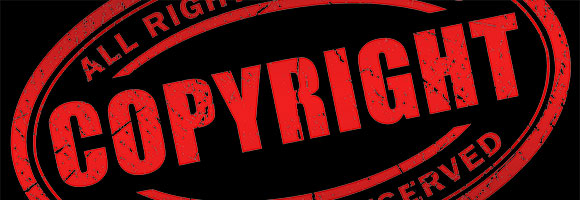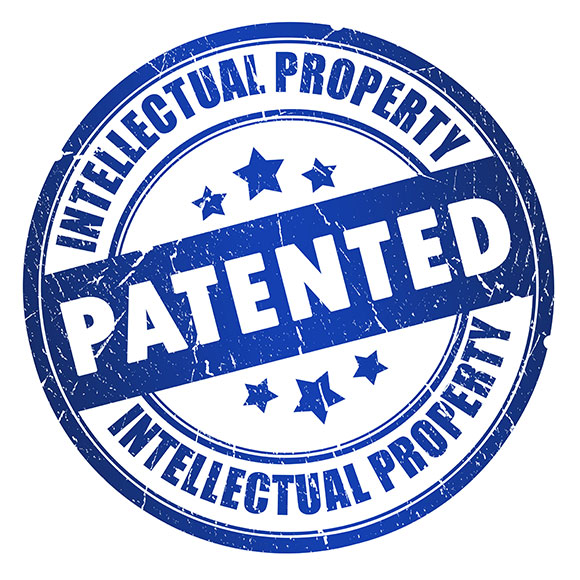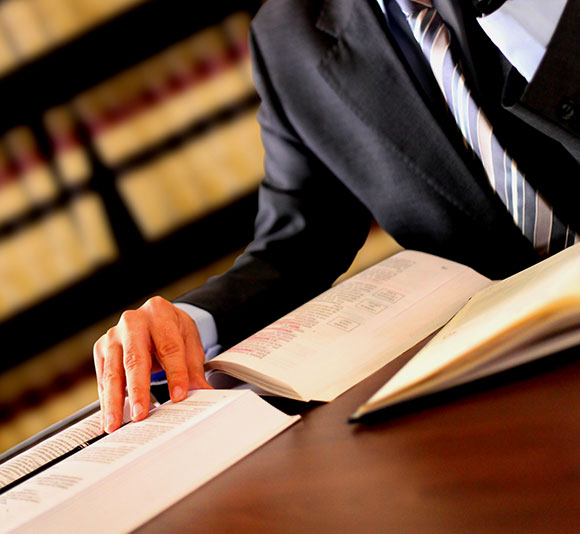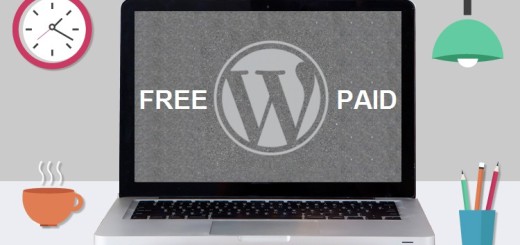Introduction into Legal and Copyright Issues on The Web
0The internet is full of talented people who develop their own tools, but also of people who use the resources on the internet at their fullest, which is not something wrong at all. The biggest issue is that most of the users who make use of tools on the internet do not know anything about copyright issues and licensing, therefore I thought this might be an interesting topic to discuss today.

We will take a look at everything from license terminology and legal jurisdiction to software licenses and Creative Commons, so bear with me here and pay attention to everything, because some of these issues might come back to you at some point in your career on the internet.
To ensure fair use, pretty much everything on the internet comes with a license; photography, fonts, tools, music and code – lots of them come free of charge, but don’t get yourself fooled by the term “free”. Most of these tools “hide” under a copyright or license.
Copyright and Licensing
The person who creates something on the web (and not only) normally has the copyright for it – unless otherwise specified in a contract or pre-signed deal. We control the way we use our work and how we use it. We decide if we want to sell it or keep it and it is also us that decide the price. You can allow somebody to use a photo of yours in print for a specified amount of time or purpose or to give the rights for a song to be used in an advertising video. Tools on the internet are most of the time released under a license which sets different guidelines for use.
Intellectual property is usually under a license granted by an authority and there are many ways of doing this. A product can be offered to use for a limited amount of time or for only one use. Licenses can also dictate borders, boundaries, length of time and many others.
It is important to know that if you work for a client, most of the time the work is his property, because he pays for it. Unless otherwise specified, the work is his and you need to ask for permission if you want to use it. It is always a good idea to talk about this with the employer, because if you develop a jQuery slider you might want to use it in the future – you can’t do this if the deal between you and the employer doesn’t allow – which basically means you should charge even more for the slider, because you guarantee it is something unique. However, if you are under “work for hire”, you have the so-called “moral rights” of the product, which means you have the full right of attribution.
Exceptions or “Fair Use”
The “fair use” of a product means someone can use it without paying for it. This usually happens if the materials under copyright are used for educational purposes or are part of a news report or published article. However, this is not always something allowed by law, so make some research before and see if it applies to your case.
Legal Jurisdiction
The copyright law is different from country to country, but some agreements are embraced by many nations that signed different deals. One of the most popular deal is the Berne Convention which was signed for protection of literary and artistic works. The deal was signed in 1886 and pretty much governs copyright and laws all over the world. There are 164 countries who signed this deal out of 193 in the World, so it is highly likely you live in one of these countries too. The Convention states a minimum standard protection for copyright owners.

Image by shutterstock
Terminology
Most the following terms are widely used and I am sure you have heard all of them at least once. But do you know what all of them mean?
Copy – A copy of the original work.
Modify – To alter copyrighted work in some way before using it.
Derivative work – Modifying copyrighted products to produce new work.
Distribute – Giving someone your work under a specific license.
Redistribute – Giving work and its license after obtaining it under license from the original owner.
Share alike – Permission to distribute derivative work under the same or similar license.
Credit / Attribution – The act of identifying the original copyright owner.
Copyright notice – A written phrase or symbol (usually ©) informing of copyright ownership (not necessarily granted by an authority)
All Rights Reserved – A common copyright notice declaring that no usage of rights exist.
* Thanks to Smashing Magazine for the definitions to these terms.
If you are in doubt about some other terms, I am sure a simple Google search will ask your question.
Creative Commons
Creative Commons is one of the most popular license types. It is widely used on the internet and you can even use it for your own project if you wish to.
Creative Commons (CC) was founded in 2001 by Lawrence Lessig and it has six variations, each one of them covering particular uses. CC Attribution is the basic license and allows copying, modifications and redistribution as long as the original author is mentioned. CC Attribution-ShareAlike has the same rules, only that all derivate work must be licensed the same way.
http://bogprojekt.wikispaces.com/file/view/cc_logo_large.png/178851537/cc_logo_large.png
The other four types of CC Attribution license are the following:
CC Attribution-NoDerivs – Allows redistribution providing the original author is mentioned and no modifications are made.
CC Attribution-NonCommercial – Distributions, modifications and copying is allowed as long as the original author is mentioned and the work is not distributed commercially.
CC Attribution-NonCommercial-ShareAlike – The same rules as above apply, but derivative work must be under the same license.
CC Attribution-NonCommercial-NoDerivs – This means that redistributions is allowed for noncommercial purposes as long as the original work has not been modified.
As you can notice, every work under the Creative Commons license requires at least attribution to the original copyright owner. It is a good idea to attribute copyright the following way:
This work includes the [work type + title], available under a Creative Commons Attributions license, © [original author’s name].
If the original author included a copyright notice, it is not allowed to remove it if the work is under a CC license. Informing the original owner of the use would be nice, but it is not required until specified.
The Creative Commons licenses are very popular and widely used, as mentioned earlier. For example, Wikipedia uses the CC Attribution-ShareAlike license, while Flickr allows the users to select one of the CC licenses for their work upon uploading work.
Software Licenses
Although this is more for developers than for designers, I will talk about it shortly as well. Every line of code you write is yours, but some of them can be used by others. For example, simple lines of codes like print(‘Hello World!’);, which is the first line of code people learn most of the time, can be rewritten by anybody even if it has been used million times before. But if you own a code with more than 4-5 lines, it can become very important and it is a good idea to distribute it under a license. To name some of the popular licenses fast, I can think of MIT License, BSD License, The Apache License and GNU General Public License.

Image by shutterstock
Do you need a license?
This is a question many people working on the internet ask themselves. Regardless of what type of business you have – graphic design, web design or web development – I think you should consider using a license. This is mainly important if you publish content online – from pictures and articles to designs or videos. If the work is not published under a license (the default is “All Rights Reserved”) it means you are the only one who holds the rights for that work. It doesn’t mean I encourage it, but I think sharing is important and you should put your work under some kind of license to allow others use it in specific cases.
It is also important to notice that using services like Twitter, Facebook or Flickr you already give full rights to your work as part of the terms of service, which obviously nobody reads when signing up. If Flickr uses one of your pictures for self-promotion, they probably do it because somewhere when registering you ticked a box which allows them to do this.

Image by shutterstock
Bottom line
By reading this article you should have a bit more understanding of copyright and legal issues and I hope you will look into it more by searching articles of it yourself. This is a wide domain and it is pretty much impossible to know all the rules unless you are a lawyer, but if you are not and are confused about something, then get legal help.
The fact that you don’t know copyright issues is not helping too much if you break some of them, therefore don’t! Always use free material and only under the conditions specified in the license. Otherwise soon you might find yourself at the other end of a legal issue.
Did you even encounter such a copyright problem? Do you use licenses for your work or you prefer not to share anything with the others by using the default “All Rights Reserved”?




